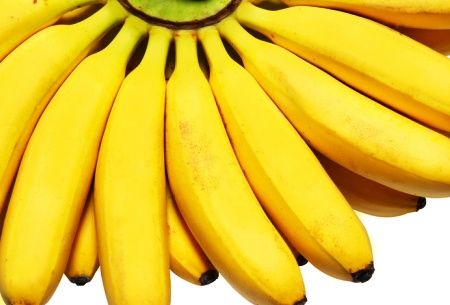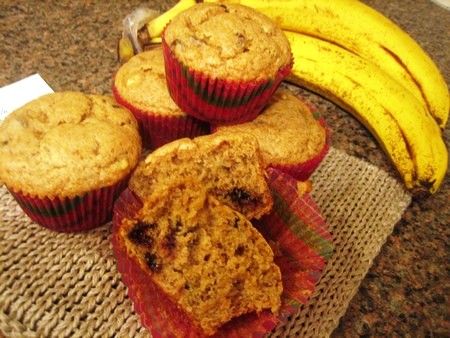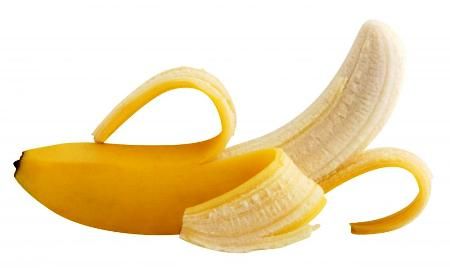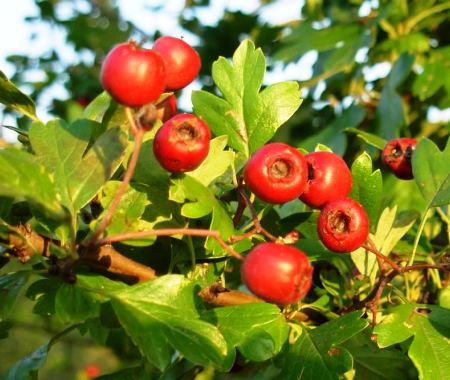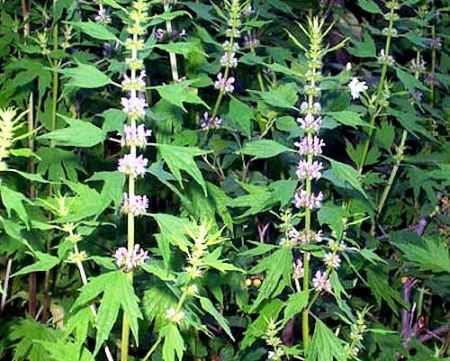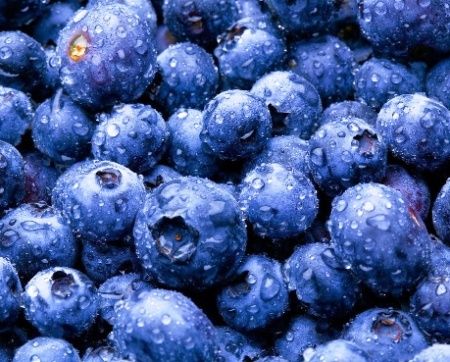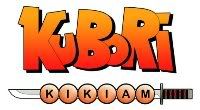
As estimated by the National Center for Health Statistics, over 68
million people in the USA alone suffer from one or more forms of cardiovascular
diseases. [1] Being the leading killer in the country today, coronary heart
disease and various remedies and preventive measures to stop it deserve urgent
attention.
As part of a comprehensive program to combat coronary diseases, some
herbs are thought to be of benefit due to their naturally occurring alkaloids
and terpenoids - which are being found by scientists to have therapeutic
benefits for heart diseases[2] in both traditional and modern medicine. Further
studies are in general needed before such indications can be declared
conclusive - however we have compiled a list of herbs and natural foods for
which encouraging results have been found. Please note that this article (as
always on this site) is not medical advice nor a recommendation to
self-medicate. Please consult your physician before using herbs, especially if
you are using medication or have a heart condition.
10 Herbs For The Heart
 Garlic
Garlic
Many studies have already demonstrated how a clove of garlic a day can
inhibit bad cholesterol and raise the good kind. Small clinical trials have
also show garlic's efficacy in regulating blood pressure, inhibiting platelet
aggregation that can lead to stroke and in improving circulation. [3] Other
studies suggest that regular consumption of garlic can lower cholesterol levels
by up to 10% to prevent hardening of the arteries. [1]

Cacao
A heart tonic due to its natural source of theobromine, cacao also
contains epicatechin, a flavonol that boosts blood vessel functioning. [3] In
one randomized controlled trial in Switzerland, flavanol-rich chocolate was
shown to benefit vascular and platelet function among patients with congestive
heart failure, both in the short and long term by increasing nitric oxide
bioavailability and decreasing oxidative stress. This effect was sustained
after daily consumption over a 4-week period. [4]
Hawthorn
Evidence links hawthorn to dilation of blood vessels to strengthen the
heart, lower blood pressure, cholesterol and fatty deposits. This is due to its
active phytochemicals including bioflavinoids which possess antioxidant
properties to gobble up free radicals. Likewise, hawthorn has been shown to
help in the distribution and usage of vitamin C to fortify capillaries. [1]
Motherwort
This herb is traditionally used to alleviate a racing heart arising
from nervous tension but with long term usage, has also been found to reduce
blood clot formation, cholesterol and triglycerides and to strengthen the heart
muscles. [3] Compounds like phenylpropanoids, flavonoids and phenolic acids, as
well as volatile oils, sterols and tannins, have been identified in motherwort.
Pharmacological studies also confirm its antibacterial, antioxidant, anti-inflammatory
and analgesic activity as well as its sedative and hypotensive properties. [5]
Bilberry
Because of its ability to improve microcirculatory health, bilberry can
also aid in strengthening vascular walls and stimulating formation of new capillaries.
[1] Hence in one study in 2011, potential protective effects of bilberry
extracts against cardiotoxicity were suggested partly due to its antioxidant
activities. [6]
Ginseng
While the roots of ginseng have long been clinically used to treat
various disorders, increasing studies have recently discovered their clinical
value in treating heart diseases. Though more studies are needed to investigate
the complex mechanisms by which ginseng protects the heart, multiple trials
show promise in ginseng's role to protect against coronary artery disease,
cardiac hypertrophy, heart failure, cardiac energy metabolism, cardiac
contractility, and arrhythmia due to the herb's antitumor, antiinflammatory,
antiallergic, antioxidative, antidiabetic and antihypertensive activities. [7]
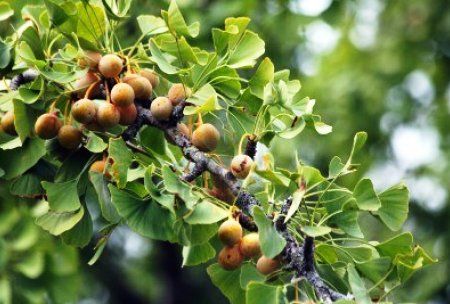
Ginkgo biloba
Leaf extracts of ginkgo have been demonstrated in numerous studies to
cause dilation and increase blood flow to the arteries, capillaries and veins. Moreover,
they also inhibit platelet aggregation, blood clotting and work using
anti-oxidants to protect vascular walls from free-radicals. [1]
While herbs are definitely not meant to downplay the role of a good
diet, exercise and healthy lifestyle in fighting coronary diseases, they can,
with proper usage and appropriate expert advice, boost the effects of these in
protecting your heart.
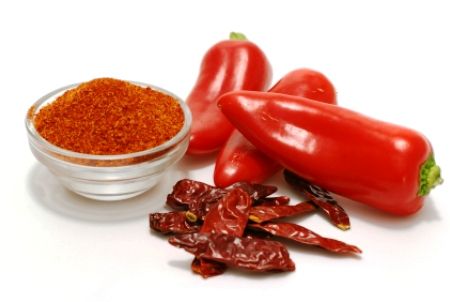
Cayenne
Noted for its ability to prevent heart attacks, cayenne is a potent
herb packed with over 26 health nutrients such as calcium, magnesium, Vitamin
A, Vitamin C, selenium, zinc and dietary fiber. Research shows that this herb
contains powerful compounds that play vital roles in optimizing heart health.
It is thought to work by removing plaques from arteries, providing nourishment
to the heart, improving circulation, emulsifying triglycerides, removing
harmful toxins from the bloodstream, re-building blood cells and lowering
cholesterol level. [8]
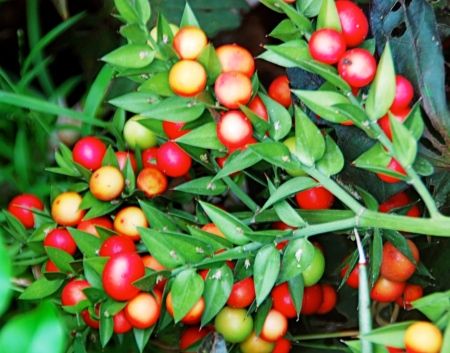
Butcher’s Broom
Butcher’s broom is a wonderful lesser-known herb that is thought to
help reduce one’s risk for cardiovascular diseases. Its main components, which
include sterols, fatty acids and sterols, are considered beneficial in
improving the conditions of the blood vessels as well as in reducing one’s
susceptibility to atherosclerosis.
Note that unlike many herbs that are considered to be good for the
heart, butcher’s broom is only advised to people diagnosed with low blood
pressure or hypotension. It helps in increasing diastolic blood pressure,
therefore, people with hypertension should avoid it. [9]

Grapes
Regular intake of grapes are claimed to be beneficial for the heart.
Research shows that grapes are good sources of flavonoids that help fight high
blood pressure and reduce risk for cardiovascular diseases and heart muscle
damages.
In a study conducted at the University of Michigan Health System, it
was found out that grapes contain high level of antioxidants that improve the
diastolic pressure of the heart, and reduce the occurrence of fibrosis, heart
muscle enlargement and hypertensive heart failure. [10]
References:
[1]
https://shop.lakewinds.com/store/Herbs-for-Heart-Health-W4702C18760.aspx
[2] Active phytochemicals from Chinese herbs as therapeutic agents for
the heart. http://www.ncbi.nlm.nih.gov/pubmed/22632138
[3] http://www.care2.com/greenliving/heart-friendly-herbs.html?page=2
[4] Cardiovascular effects of flavanol-rich chocolate in patients with
heart failure. http://www.ncbi.nlm.nih.gov/pubmed/22173910
[5] Leonurus cardiaca L. (Motherwort): A Review of its Phytochemistry
and Pharmacology. http://www.ncbi.nlm.nih.gov/pubmed/23042598
[6] Protective effect of bilberry (Vaccinium myrtillus) against
doxorubicin-induced oxidative cardiotoxicity in rats.
http://www.ncbi.nlm.nih.gov/pubmed/21455099
[7] Roles and mechanisms of ginseng in protecting heart.
http://www.ncbi.nlm.nih.gov/pubmed/22772919
[8] http://www.thewellnesswarrior.com.au/2011/09/love-your-heart-with-cayenne-pepper/
[9] http://www.heart-health-guide.com/Butchers-Broom.html
[10] http://www.sciencedaily.com/releases/2013/05/130502120259.htm
Article researched and created by Cathy Ongking and Elfe Cabanas, ©
herbs-info.com 2013



